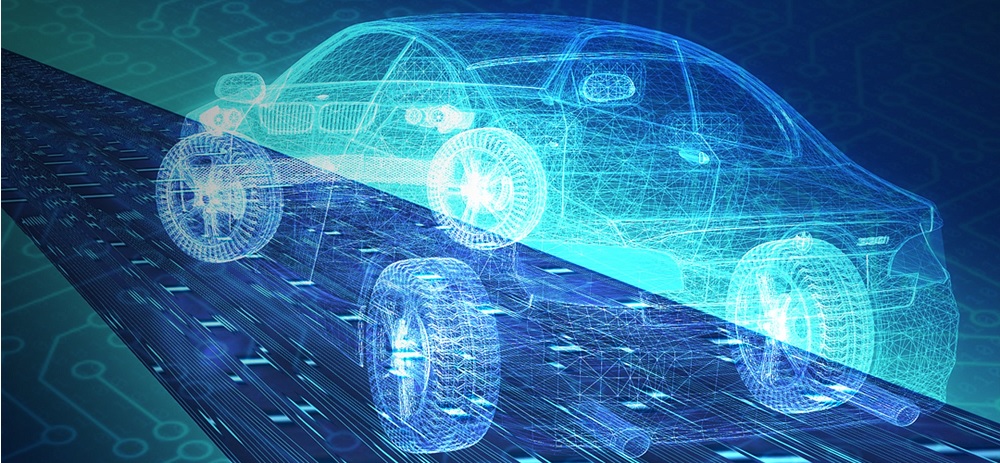For years, automakers have talked about electric vehicles and autonomous driving as two connected parts of the future of cars. But new research from Ipsos shows that automakers might be better off if they talked about them separately.

Photo from Carnegie Mellon University
Ipsos' latest Mobility Navigator Study shows that while almost half of drivers (49%) say they're interested in an electric vehicle for their next car, only 31% would be interested in a fully autonomous (aka self-driving) car. And people are growing more interested in electric vehicles every year, while interest in self-driving cars remains stubbornly low.
"Combining electrification and autonomous as a bundled technology advancement may not be a match made in heaven," said Chance Parker, VP, US Automotive & Mobility Development at Ipsos. "Dedicated education about autonomous vehicles with a clear safety benefit can help reduce misconceptions and improve trial and acceptance across all generations."
That's not to say people aren't interested in any new driving technology to help them on the road. More than 60% of consumers say they are interested in individual features like accident avoidance, night/all-weather vision, and advanced driver assistance, which are key advancements in driving technology.
Vehicles today offer more potential interactions for the driver, raising concerns over the level of driver distraction. These worries are becoming a common issue. In a US poll of 1,000 adults conducted in 2021, Ipsos found that drivers believe they encounter a distracted driver in one of every two drives they take.
In addition to identifying which features and technology generate the most interest among consumers, the study results also reaffirm that the auto industry is facing a potentially sticky generation gap regarding these transformational technologies. The latest Mobility Navigator data on electric vehicles shows a dramatic difference in attitudes toward electric vehicles by generation. Millennials and Gen Z consumers are much more positive about electric vehicles than their Boomer counterparts. When consumers are asked about autonomous driving technology, the same gap emerges, and may be getting worse.
"Differences in attitudes toward new technology between younger and older consumers are not new – but these technologies aren't simply features than can be used or ignored as you see fit," Parker said. "Instead, both technologies completely change your relationship with your vehicle. Given the billions of dollars being poured into both technologies, the stakes are extremely high."
Another finding with far-reaching ramifications: Consumers ultimately want control of autonomous technology
Another finding with far-reaching ramifications: Consumers ultimately want control of autonomous technology. Even those consumers who are pro-autonomous driving vehicles express that there is a time and place for it: Three out of four consumers who would consider autonomous technology say they would only want to use it in certain circumstances. This will also require more education for consumers, so they better understand and trust the technology.
And until full autonomy is embedded and accepted, it will mean that consumers need user-friendly controls and interfaces with which to control the autonomous tech in their vehicle.




